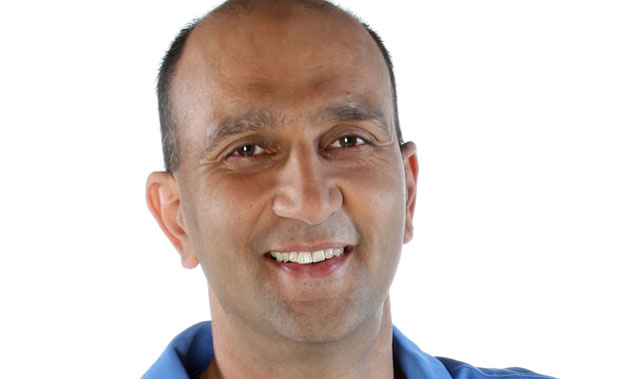
Netflix, Apple, Google and other online streaming video providers are the real threat to MultiChoice in South Africa’s subscription broadcasting industry, the pay-television operator’s CEO says.
Imtiaz Patel, who heads up MultiChoice South Africa Group, tells TechCentral that while his company and rival e.tv are locked in a high-stakes battle over the use of encryption in free-to-air digital terrestrial television, big international competitors are plotting their entry in South Africa.
“The barriers to entry to them are, like, nothing,” Patel says, adding that Telkom is already in talks with a view to bringing one or more of these companies into the country.
These companies represent “the real threat” to MultiChoice, he says. “There are already 200 000 Apple TV boxes in this country.”
He claims international content players “don’t pay tax” in South Africa, but says they are “big gorillas” who can afford to compete aggressively with local companies. “The department of communications has not fully accepted and understood what this threat really means,” he says. “If you lock yourself in with set-top box control, these guys will get an even bigger leg-up.”
Patel was responding to a question on how the department of communications should go about promoting greater competition in South Africa’s television broadcasting industry if not by using an encryption system in the set-top boxes that government intends subsidising for up to 5m households.
E.tv has argued that a control system is needed to allow a strong free-to-air broadcasting sector. It says such a system is necessary, among other things, to allow free-to-air players access to more modern and high-quality content from Hollywood and elsewhere.

MultiChoice, which owns DStv, M-Net and SuperSport, is vehemently opposed to the idea, however, warning it would amount to an unfair subsidy of its rivals. It argues, too, that a control system would be difficult to implement and would ultimately harm consumers. It took the fight to the court of public opinion at the weekend, with newspaper advertisements taking on communications minister Yunus Carrim directly on the issue.
That ads drew a sharp response from Carrim, who labelled MultiChoice a bullying monopoly.
But Patel says MultiChoice is already facing growing competitive threats, and not only from online streaming companies. “StarTimes has just taken over TopTV. They [StarTimes] are a formidable competitor to us on the rest of the continent,” he says. StarTimes recently acquired a 20% stake in On Digital Media, the company, currently in business rescue, that owns StarSat (known as TopTV until late last year).
“TopTV did exceptionally well in its first two years, before it made some very silly commercial decisions,” says Patel.
He claims MultiChoice would like a strong competitor. “It would be much easier for us, because everyone would get off our back,” he says. “It’s sad that people are demonising us when we have been more than a just citizen.”
On suggestions that SuperSport should be unbundled in some way from MultiChoice to facilitate competition, Patel says it’s far from clear if such intervention would benefit consumers.
Also, he says, SuperSport is “the major funder of South African rugby, for the Premier Soccer League, for all the major African leagues”.
“They have benefited more than fairly over the years, in an environment with a so-called monopoly. We are a good partner to sport, to industry and to government.” — (c) 2014 NewsCentral Media




